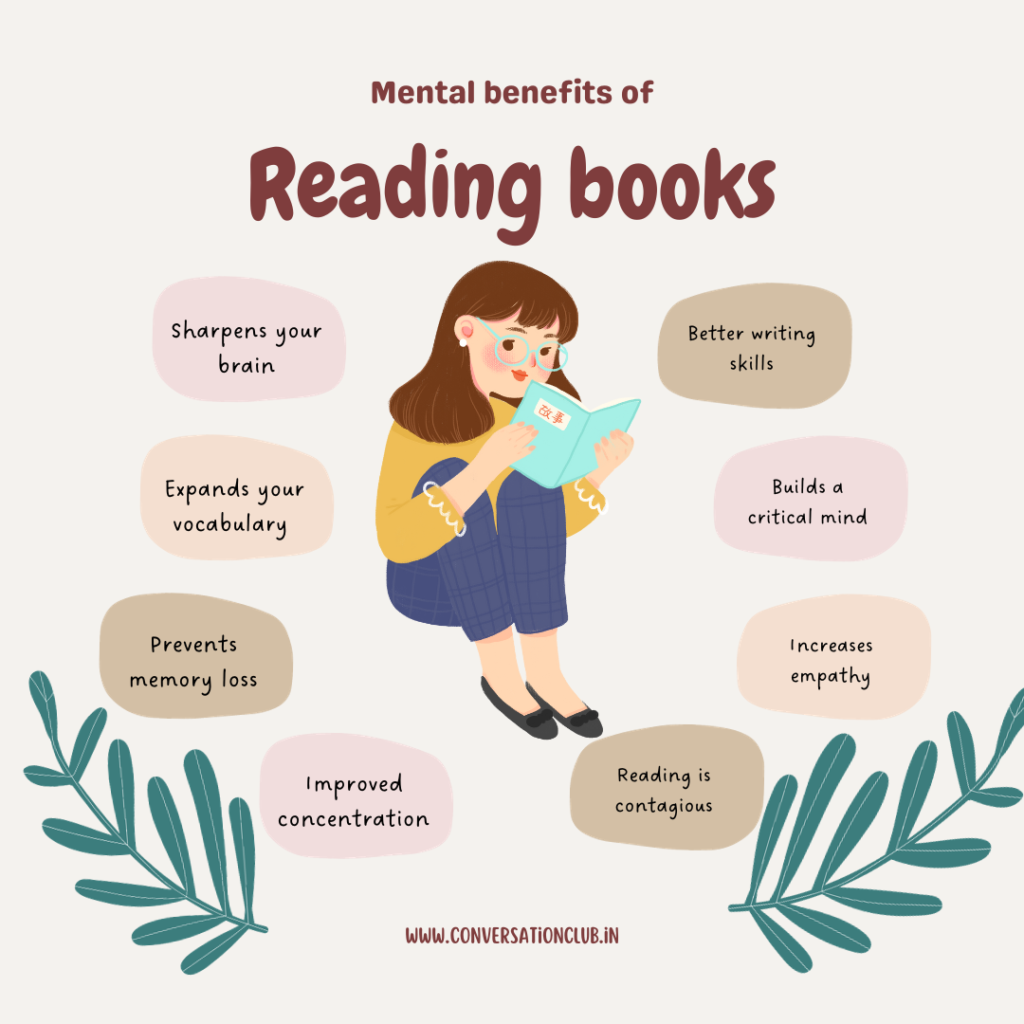Every aspect of life has a story behind it, the Pygmalion effect beholds one too. Back in the day, the Greek sculptor Pygmalion had once, sculpted a woman out of ivory. Absolutely in awe of what he had just created, he turned the woman from a common to a personal noun and gave her the name ‘Galatea.’ There was no denying in the fact that he was profoundly, and deeply in love with ‘it.’ Inspired by his love, Aphrodite – the goddess of Venus decided to do him a favor and brought his significant other to life.
But why are we discussing Pygmalion & his love for Galatea … what is the relevance of this Greek anecdote today??
Pygmalion was so deeply obsessed with his sculpture that he imagined that the creation was a living person. His imagination or rather his obsession was so grave that the goddess granted his wish and in effect the sculpture indeed became a living person.
If we look at the situation from an aerial view, who gave life to Galatea? The Greek goddess or the creator Pygmalion’s love??
There’s a Pygmalion in all of us … we birth our reality as per our desires!!!
How is the Pygmalion and Galatea’s story connected to us, our situations? It was Pygmalion’s expectations which, in the first place motivated him to craft such a sculpture and inspired Aphrodite to bring Galatea to life.
In simpler words, the Pygmalion effect is a psychological phenomenon wherein our expectations from a person push that person to behave in the way we desire. Thus we decide the result beforehand and work in the direction to achieve it, which eventually leads to the same result.
Expectations = Behaviour = Result as per expectation.
To understand better, consider the experiment below:
An experiment regarding this subject was held in a school in a district of Mexico. Students were separated in two groups and they were led to believe that those in group A were better in terms of their ability & skills to read and thus were intelligent. Group B was also informed about this division criterion.
This made the students believe that A group had high expectations set from their respective teachers whereas the other flock believed that they had failed to make the teachers proud. This resulted in the first group, showing better academic excellence in comparison to the other, which withered.
How can it help??
The above mentioned phenomenon has several real life implications too. It can be used by seniors to motivate their unit to complete a project by setting high standards and expectations. It can be used by parents to make sure that their children score well in their upcoming exams and furthermore, it can also be smartly and statistically used by coaches to help their players win. There are 3E’s that help create such a situation:
- Elect – elect candidates who are fit for such a role, candidates who will not be harmed by such a psychological deliberation.
- Expect – create expectations and certain standards for the people elected.
- Eye – observe carefully how it affects them and their results.
Pygmalion effect sounds interesting, but is it ethical? Let us consider the Mexican school – study once again. The first group definitely improved but what about the second? It compromised one entire year of their academic lifespan and destroyed their confidence.
This leads us to the discovery of the Golem effect, also called the Pygmalion fall, which states that reduced expectations lead to diminished results. Both the effects are like two sides of a coin.
The golem effect is the segment of the Pygmalion effect which causes several drawbacks. It leads to a certain stereotype threat, a situation where people belonging to certain communities feel more vulnerable to conforming to stereotypes regarding their gender, caste, and status, hampering equality and perpetuating discrimination, especially in the cases of gender. Furthermore, it has a significant role in creating insecurities between siblings who go through what is commonly called ‘favoritism.’
This brings us to the commonly asked question, “Is the Pygmalion effect self-validating?”
The effect does create a condition where the expectations set do modify the final outcome. In other words, in such an event, an individual’s expectations about another person eventually result in the other person or entity acting in ways that confirm such expectations. So ultimately, yes, it can be called self-validating.
“Before we acquire great power, we must acquire wisdom to use it well.”
As for a final feedback, the Pygmalion effect may seem intriguing at some point, and may be a part of our daily life, but it needs to be controlled and used properly to make sure that there are no casualties, that is, no victims of the fall, or the Golem effect. All that glitters, after all, isn’t gold.



